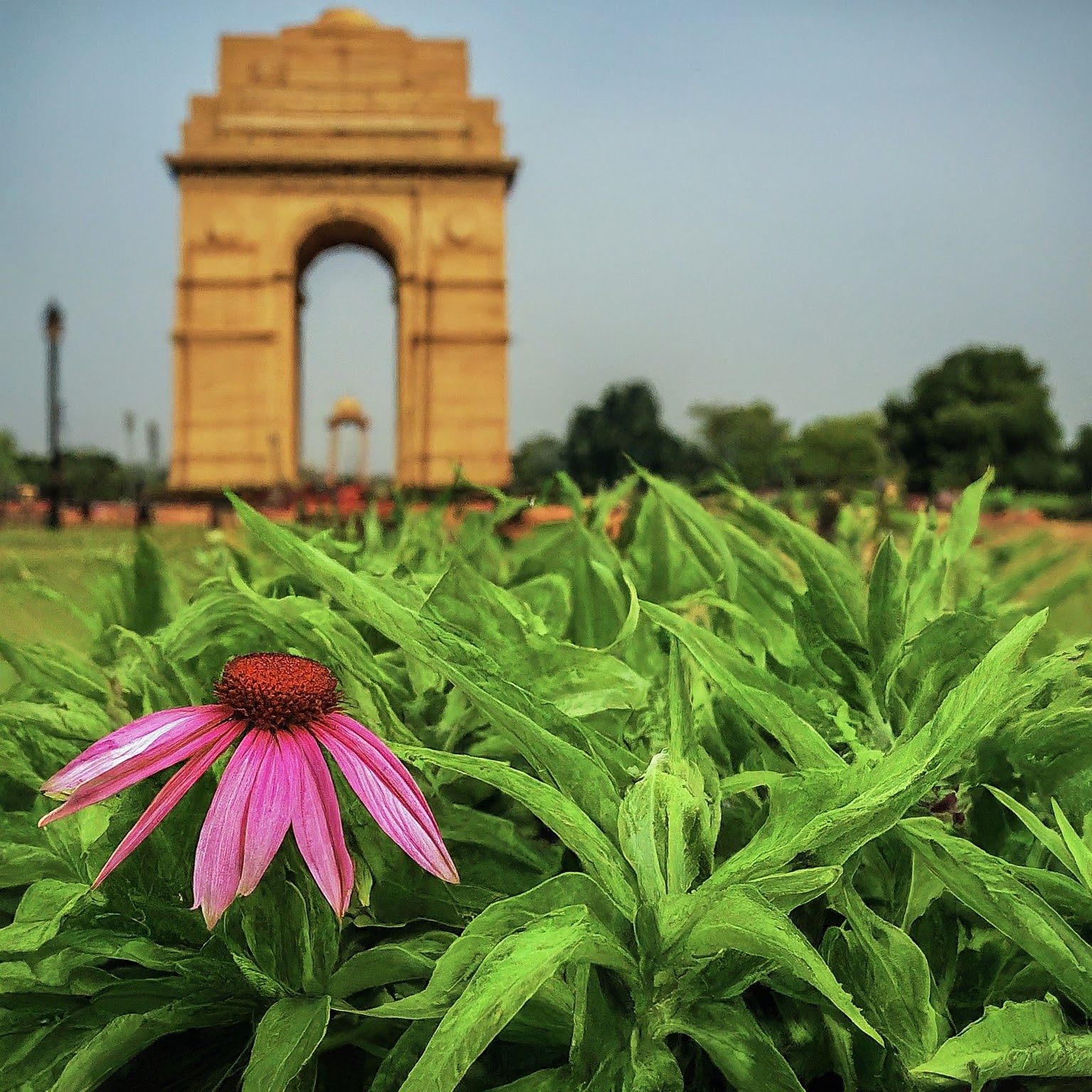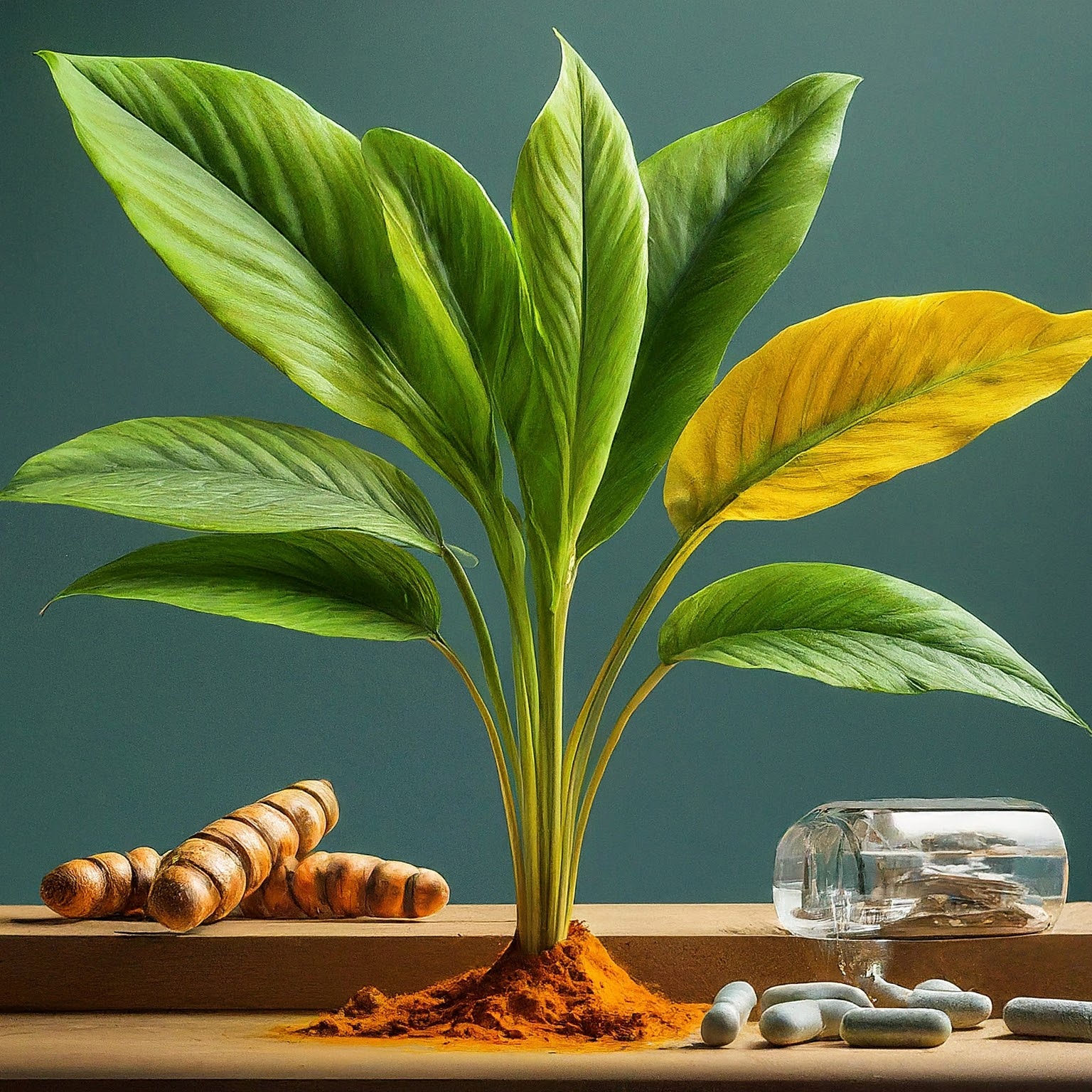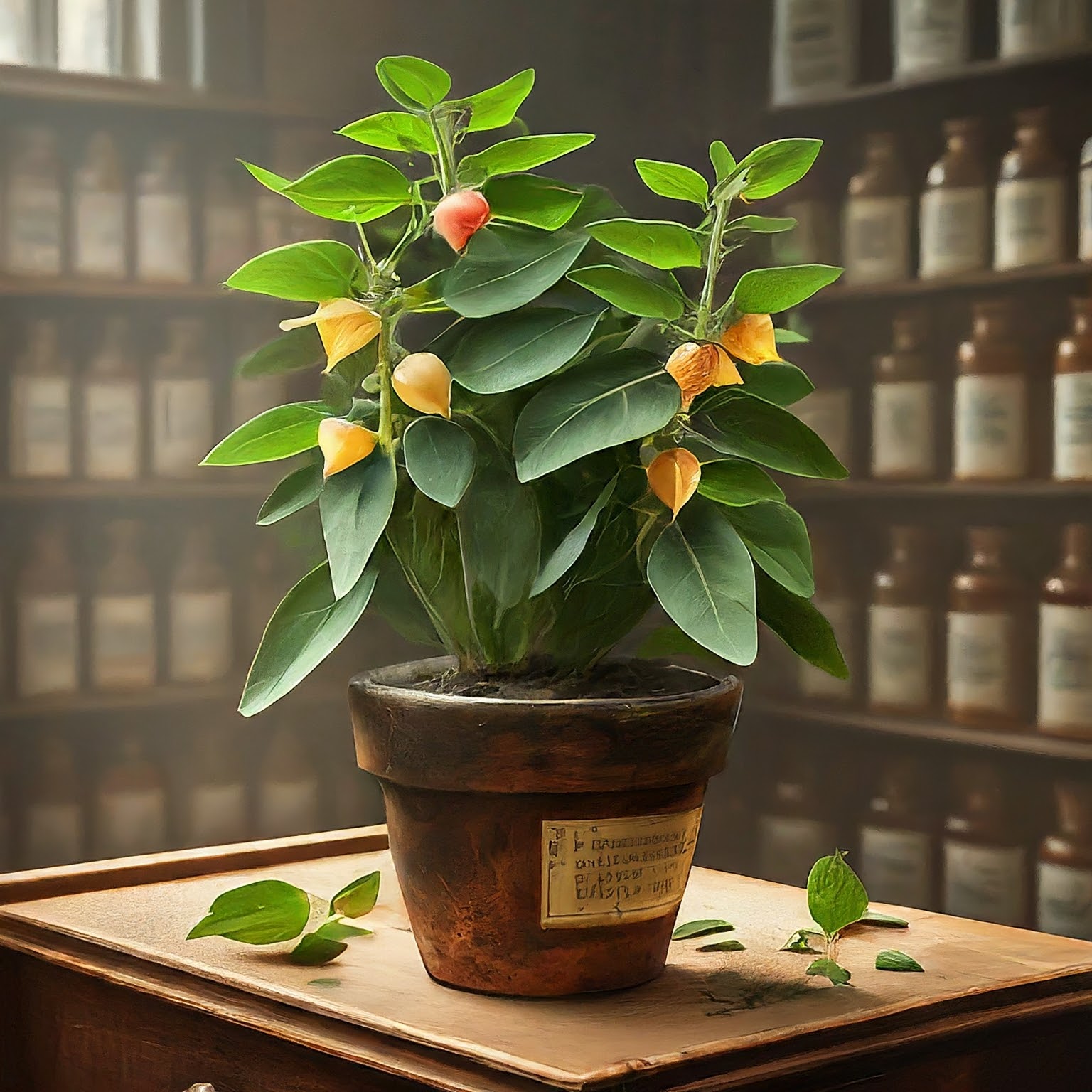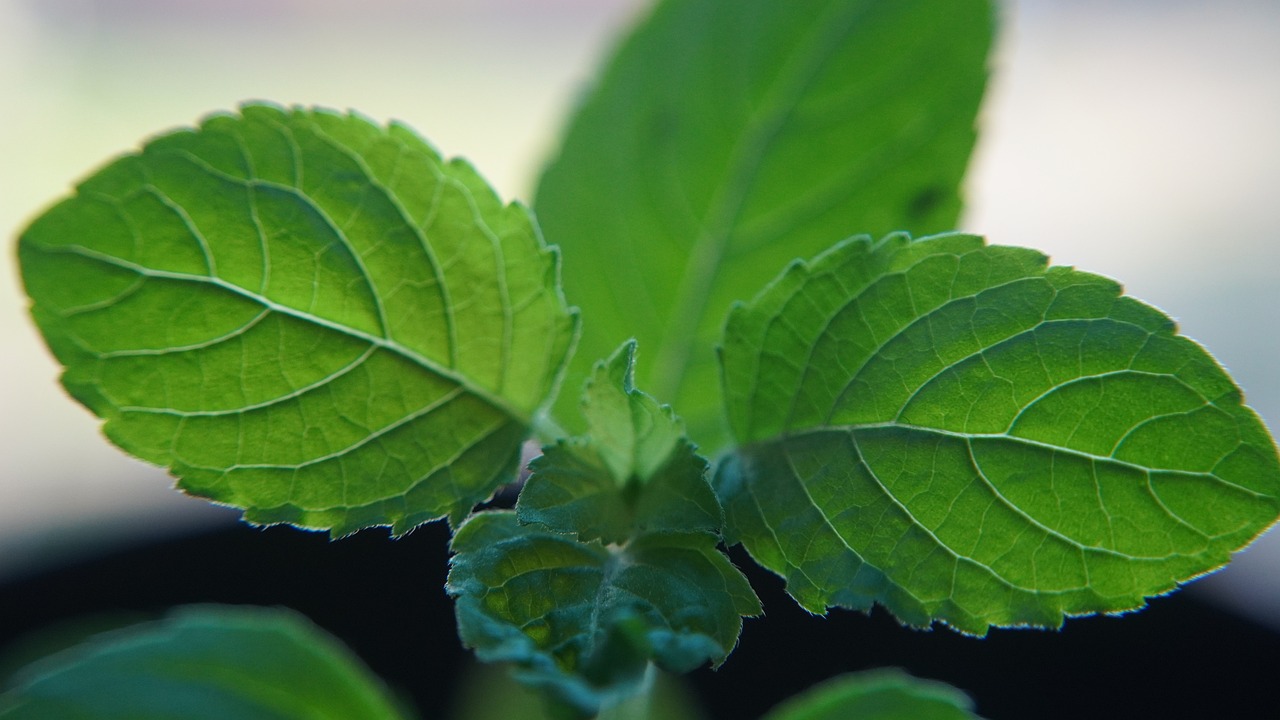Estimated Reading Time: 5 minutes English Name: Purple Coneflower Availability by Location: North America Best Season to Plant: Spring or Fall Other Special Instructions: Echinacea is a perennial plant that can be grown in a variety of climates. It is best to plant echinacea in well-draining soil in a sunny location.
Ayurvedic Importance
Echinacea is not a traditional Ayurvedic herb, but it has been used in Western herbalism for centuries. It is believed to have a number of health benefits, including boosting the immune system, fighting inflammation, and reducing anxiety.
Easy Ways to Consume Echinacea
There are many ways to consume echinacea, including:
- Echinacea Tea: To make echinacea tea, steep 1 teaspoon of dried echinacea leaves in 1 cup of boiling water for 10 minutes. Strain and enjoy.
- Echinacea Tincture: Echinacea tincture can be taken by mouth or applied topically. To take echinacea tincture by mouth, mix 1 teaspoon of tincture in 1/4 cup of water and drink. To apply echinacea tincture topically, apply a few drops to the affected area.
Precautions
Echinacea is generally safe to consume, but there are some precautions to take.
- Do not take echinacea if you are pregnant or breastfeeding.
- Do not take echinacea if you have an autoimmune disease.
- Talk to your doctor before taking echinacea if you are taking any medications.
Health Ailments
Echinacea is believed to be effective in the treatment of a number of health ailments, including:
- The common cold
- Flu
- Upper respiratory infections
- Urinary tract infections
- Skin infections
- Wound healing
How to Plant and Care for Echinacea
Echinacea is a relatively easy plant to grow. Here are some tips:
- Choose a sunny location to plant your echinacea.
- Plant the echinacea seeds in well-draining soil.
- Water the echinacea regularly, but do not overwater.
- Fertilize the echinacea once a month.
- Prune the echinacea after it has finished flowering.
Echinacea is a beautiful and versatile plant that can be enjoyed in a variety of ways. It is a valuable addition to any home garden and can be used to improve your health and well-being.
In addition to the above, echinacea can also be used in the following ways:
- As a topical application for skin conditions, such as eczema and psoriasis.
- As a mouthwash to treat canker sores.
- As a vaginal douche to treat yeast infections.
- As a supplement to boost immunity.
Disclaimer:
This article is for informational purposes only and should not be considered medical advice. Please consult with a healthcare professional before using echinacea to treat any medical condition.





